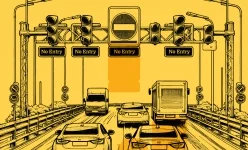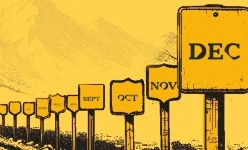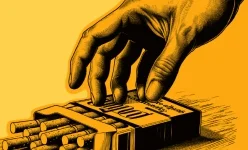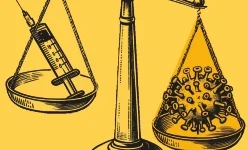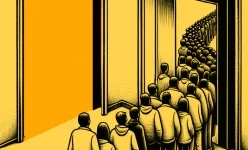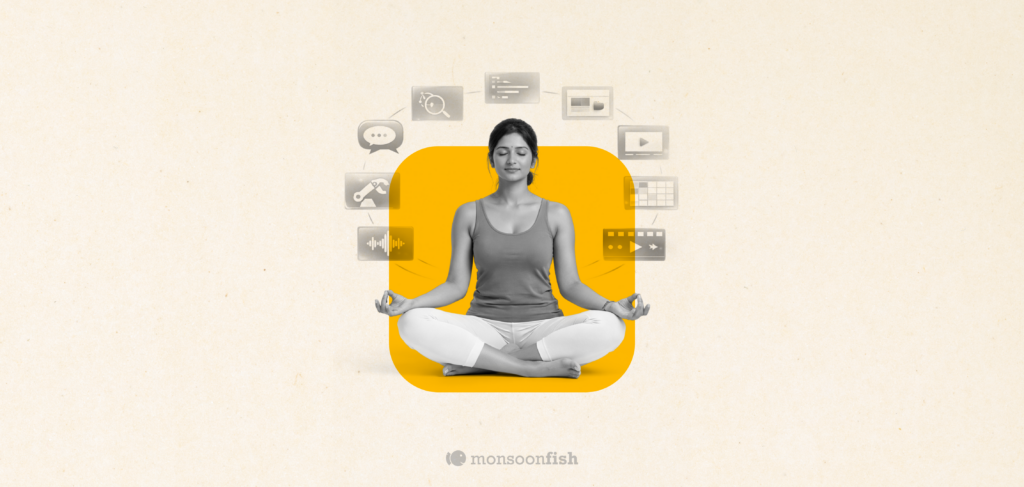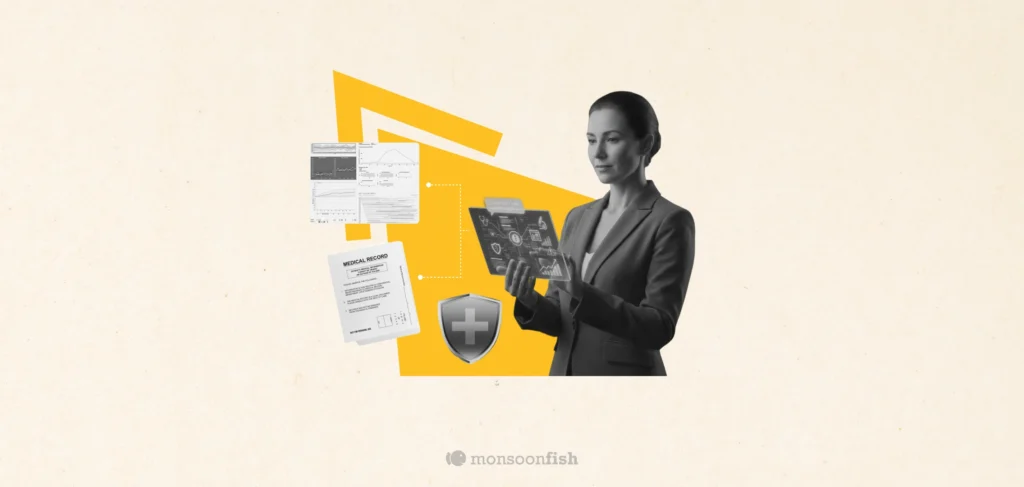Molly had always been a decisive person. When she was in charge of a digital product at work, she made quick decisions and moved forward. But on one particularly busy day, she found herself stuck in a dilemma.
Her team was gearing up for a big product launch, and they had run into an unexpected issue: a bug in the system that would delay the rollout. Molly sat at her desk, staring at the code and weighing her options. The bug wasn’t critical, but it had the potential to cause small disruptions down the line. Molly knew they could either address the issue immediately or let it slide and focus on other parts of the launch.
But as the minutes ticked by, she grew restless. She hated the idea of doing nothing. Surely taking action, even if it wasn’t the most effective, would make her feel better. So, she instructed her team to begin working on a fix right away.
As her development team dove into solving the bug, Molly felt a temporary sense of accomplishment. However, hours later, they discovered that the fix they had implemented wasn’t necessary at all. In fact, the bug had resolved itself on its own as the system adjusted to new updates. Their efforts had been wasted, and the team now had less time to focus on more important tasks.
This tendency to act simply because we feel that doing something is better than doing nothing, even when inaction would have been more rational is called Action bias. In Molly’s case, her desire to be busy and productive led her to waste resources on an issue that didn’t require immediate attention, demonstrating how the bias can cloud decision-making.




